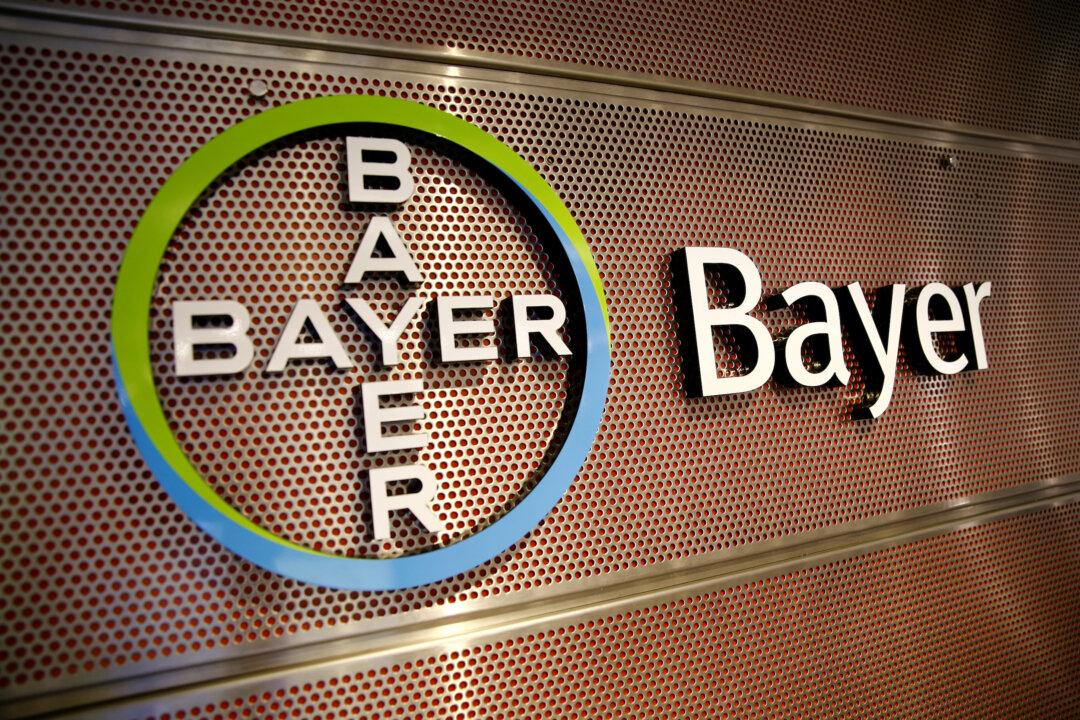A speech made last year by a Bayer executive mentioning that messenger RNA (mRNA) vaccines are gene therapy is gaining traction on social media for the second time since it was initially posted online in October 2021.
Stefan Oelrich, a member of the Board of Management of Bayer and head of the Pharmaceuticals Division, gave a speech at the World Health Summit focused on biotechnological innovation. He said his company is “really taking that leap … in cell and gene therapy.”






